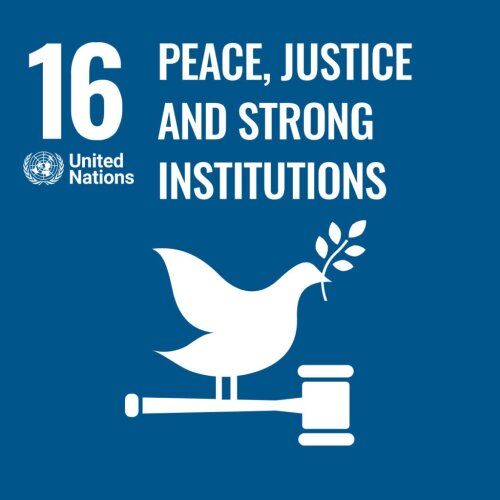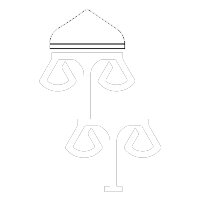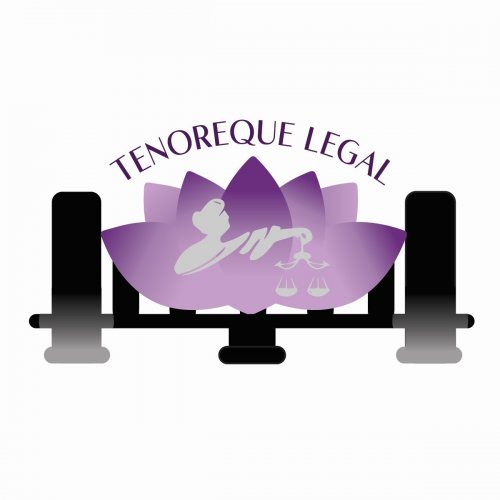Best Veterans Benefits Lawyers in Trinidad and Tobago
Share your needs with us, get contacted by law firms.
Free. Takes 2 min.
Or refine your search by selecting a city:
List of the best lawyers in Trinidad and Tobago
About Veterans Benefits Law in Trinidad and Tobago
Veterans Benefits in Trinidad and Tobago are designed to offer support and assistance to individuals who have served in the military. These benefits may include pensions, health care, educational benefits, and more. The government aims to acknowledge the service and sacrifices of veterans by providing them with necessary support as they transition back to civilian life. Understanding the intricacies of Veterans Benefits law can be crucial for veterans who wish to claim these benefits effectively.
Why You May Need a Lawyer
There are several scenarios where a veteran in Trinidad and Tobago may need legal assistance regarding their benefits. These situations can include disputes over eligibility, complexity in claims processing, denial of benefits, or miscalculation of the benefits amounts. Legal experts can help veterans navigate through bureaucratic processes, provide representation in appeals, and ensure that veterans receive all the benefits they are entitled to under the law.
Local Laws Overview
The legislation governing Veterans Benefits in Trinidad and Tobago primarily focuses on providing financial and social support to those who have served in the military. Key aspects include the eligibility criteria for receiving benefits, the types and extents of benefits available, and the appeals process for denied claims. It is crucial for veterans to be aware of their rights under these laws, as well as the correct procedure to access their entitlements.
Frequently Asked Questions
What are the basic eligibility criteria for Veterans Benefits in Trinidad and Tobago?
Eligibility typically requires proof of military service and may include conditions related to the duration and nature of the service.
What types of benefits are available to veterans?
Benefits often include pensions, health care access, educational programs, and housing assistance.
How can a veteran apply for benefits?
Veterans can apply through the relevant governmental department responsible for veterans' affairs, typically requiring submission of necessary documents and forms.
What should I do if my benefits claim is denied?
If a claim is denied, veterans have the right to appeal the decision. Consulting a lawyer can be beneficial in navigating this process.
Are family members of veterans entitled to benefits?
In certain cases, immediate family members such as spouses and children may be entitled to some benefits.
How long does it typically take to process a benefits claim?
Processing times can vary depending on the complexity of the claim and the workload of the department processing the application.
Is there a cap on the amount of benefits a veteran can receive?
Specific benefit programs may have caps or limits which are defined by governmental policies and regulations.
Can benefits be claimed retroactively?
In some cases, benefits may be granted retroactively depending on the policy details and the circumstances of the application.
What documentation is usually needed to support a benefits claim?
Commonly required documents include proof of service, identification, and any other documents that support the specific benefits being claimed.
Where can veterans get help with their claims process?
Veterans can seek help from legal practitioners specializing in veterans benefits, as well as from government offices dedicated to veterans' affairs.
Additional Resources
Several resources and organizations are available to assist veterans in Trinidad and Tobago. The Department of Veterans Affairs is a key point of contact for benefits assistance. Nonprofit organizations that focus on veterans' welfare can also provide guidance and support.
Next Steps
If you are a veteran seeking legal assistance with Veterans Benefits, consider reaching out to a lawyer who specializes in veterans law. They can offer expert guidance and representation. Gather all relevant documentation related to your service and benefits claims to streamline the consultation process. Exploring support groups and networks for veterans can also offer peer advice and shared experiences that might be helpful in your journey.
Lawzana helps you find the best lawyers and law firms in Trinidad and Tobago through a curated and pre-screened list of qualified legal professionals. Our platform offers rankings and detailed profiles of attorneys and law firms, allowing you to compare based on practice areas, including Veterans Benefits, experience, and client feedback.
Each profile includes a description of the firm's areas of practice, client reviews, team members and partners, year of establishment, spoken languages, office locations, contact information, social media presence, and any published articles or resources. Most firms on our platform speak English and are experienced in both local and international legal matters.
Get a quote from top-rated law firms in Trinidad and Tobago — quickly, securely, and without unnecessary hassle.
Disclaimer:
The information provided on this page is for general informational purposes only and does not constitute legal advice. While we strive to ensure the accuracy and relevance of the content, legal information may change over time, and interpretations of the law can vary. You should always consult with a qualified legal professional for advice specific to your situation.
We disclaim all liability for actions taken or not taken based on the content of this page. If you believe any information is incorrect or outdated, please contact us, and we will review and update it where appropriate.
Browse veterans benefits law firms by city in Trinidad and Tobago
Refine your search by selecting a city.














